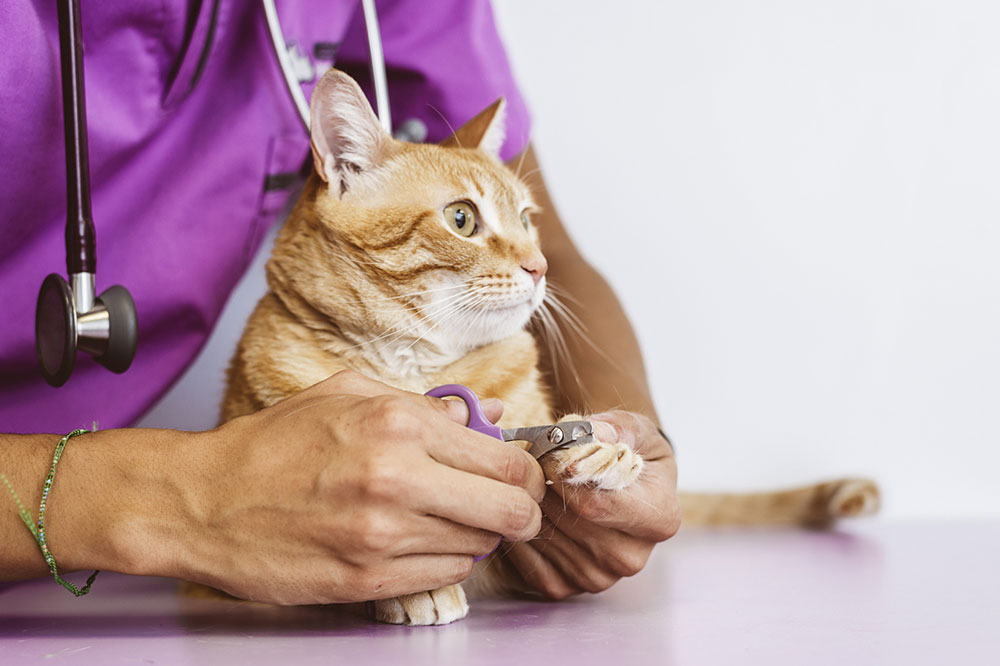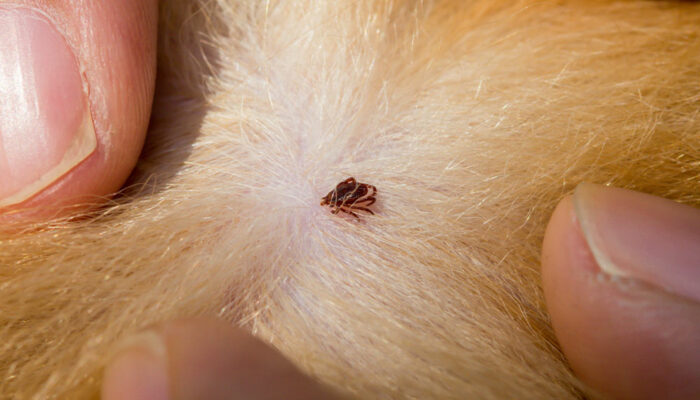
Signs of Feline Diabetes a Pet Owner Should Know
Cats are sometimes unable to produce enough insulin to balance blood sugar or glucose levels in their body, and this condition is called feline diabetes. Symptoms of this condition that you would observe in your pet are weight loss, loss of appetite, vomiting, dehydration, and acute depression. The disease could lead to coma, and in extreme conditions, even cause death, so you need to take your pet to the vet regularly and ensure a healthy and nutritious diet. Here are the common symptoms of feline diabetes you should keep an eye out for:
- Weight loss: Sudden and unexplained loss of weight in your pet requires a visit to the vet for proper diagnostic tests to determine whether your cat has diabetes. Weight loss is one of the key symptoms of feline diabetes.
- Loss of appetite: Another common symptom of feline diabetes that is also observed in people with diabetes is a loss of appetite, which could also be severe. However, some cats could experience an increase in appetite as their body is unable to process the food they eat for energy.
- Vomiting: A cat with diabetes could have a tendency to vomit due to allergic reactions or due to a particular diet that its body cannot tolerate. Diet plays a crucial role in cats with diabetes, and a low-carbohydrate diet is the best choice for diabetic cats. The treatments available for feline diabetes are insulin therapy or oral medications in some cases.
- Excessive thirst and urination: These are common symptoms of diabetes, not just in humans but also in cats. So, keep track of how often you refill your pet’s water bowl if you notice any signs of feline diabetes. On the other hand, severe dehydration is also among the common symptoms of feline diabetes. If your cat is dehydrated, immediate medical attention is required to reverse it as it may lead to serious complications if left untreated.
- Severe depression: Changes in mood, abnormal behavior, and severe depression are also some of the symptoms of feline diabetes.
If left untreated, feline diabetes could result in a cat slipping into a coma that could also prove fatal. Just like in humans, diabetes in cats can be properly managed by giving them nutritious food and the prescribed medications at the right time. Also, you must keep an eye on your pet in order to notice any behavioral changes and be mindful of its needs.
If you notice any behavior changes or any of the mentioned signs of diabetes, take your cat to a vet at the earliest for further examination. Also, obese cats are more prone to diabetes, so ensure a nutritious and balanced diet to keep your pet’s weight in check.



